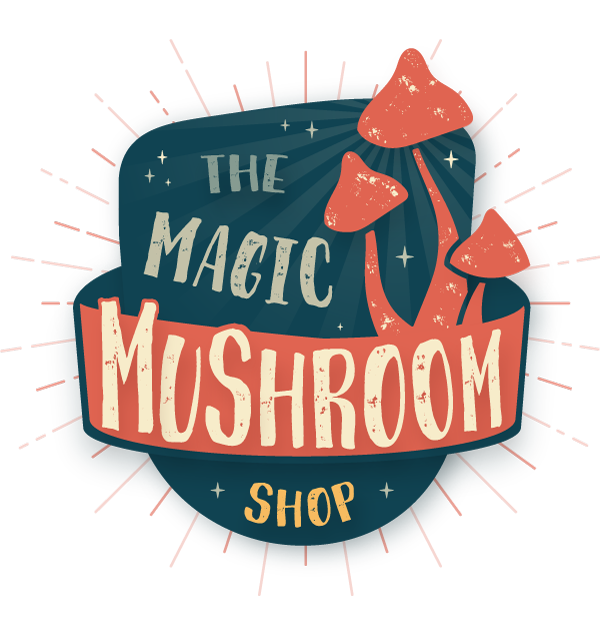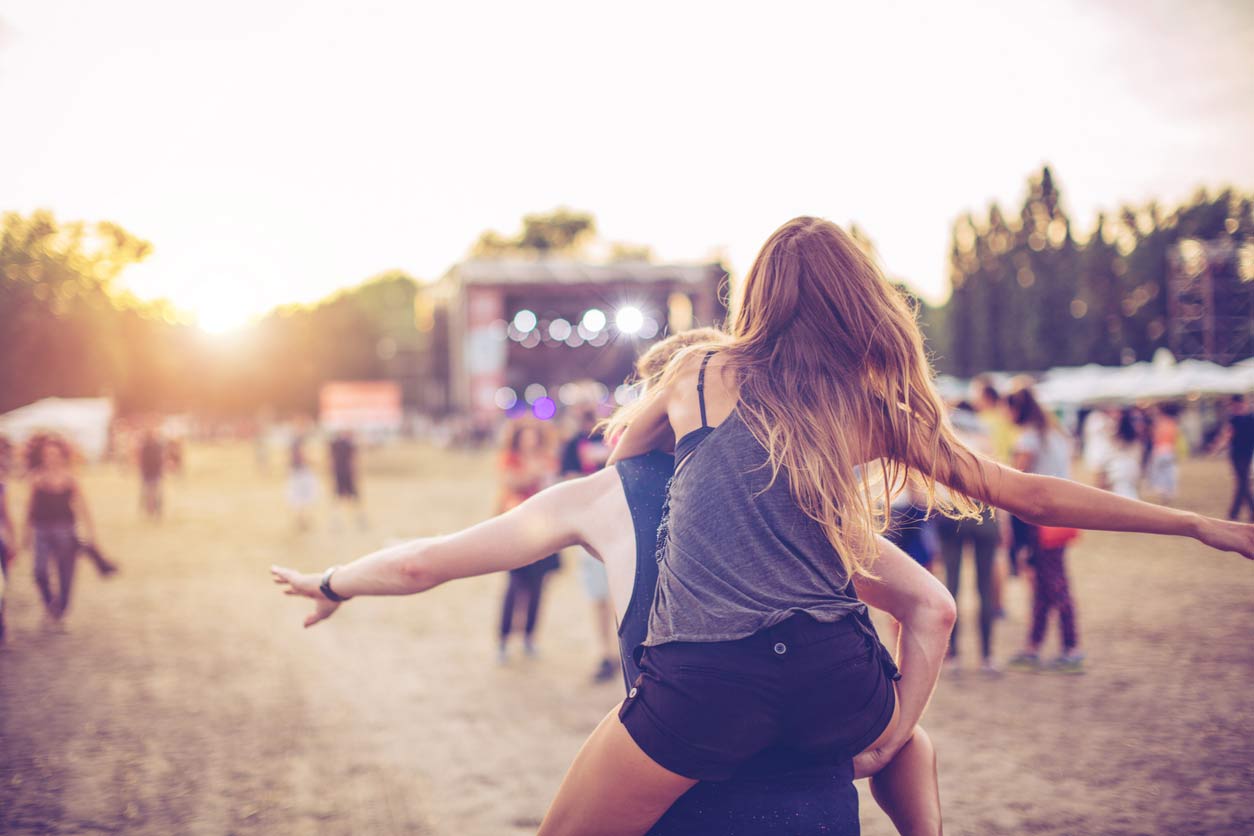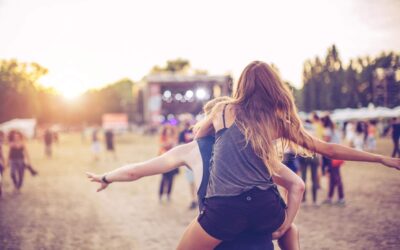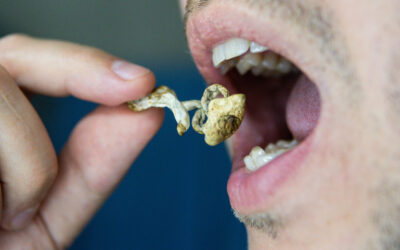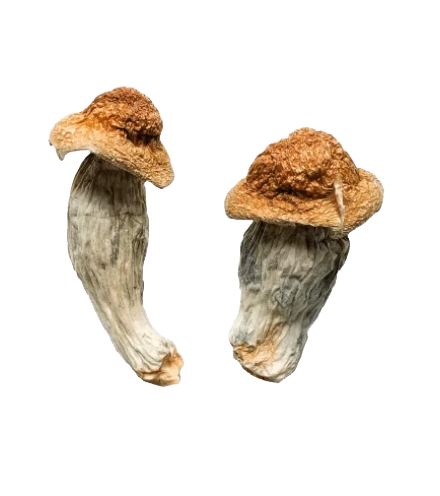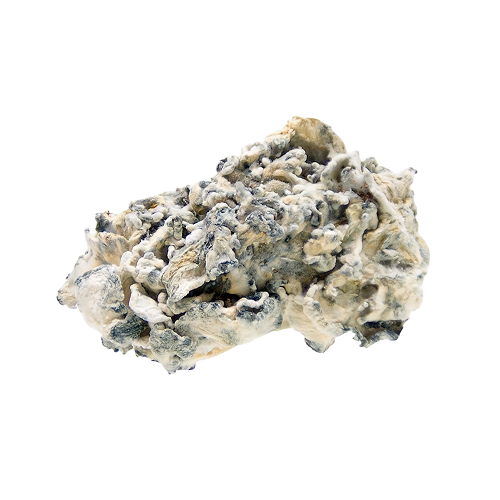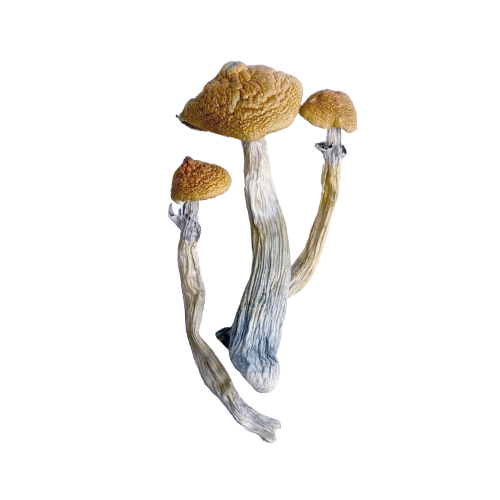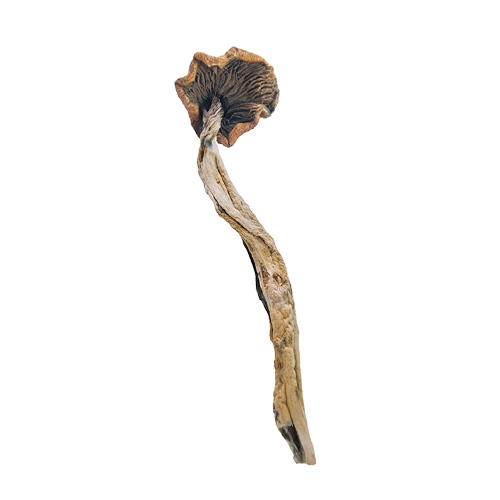Magic Mushrooms
Psilocybin mushrooms, also known as magic mushrooms, are known for producing strong psychedelic experiences. These mushrooms can enhance the sensory experience of attending a music festival, making it feel more surreal and vivid. It can also lead to stronger feelings of connection with the music and other people in attendance. As with other psychedelics, it’s important to be carefully aware of your dose when taking psilocybin mushrooms at a festival.
LSD
LSD (lysergic acid diethylamide) is another popular psychedelic that can be taken at festivals. It is a potent hallucinogenic drug that was first synthesized in 1938 by Swiss chemist Albert Hofmann. It is derived from ergot, a fungus that grows on grains such as rye.
LSD is a synthetic compound that mimics the effects of serotonin, a neurotransmitter that is involved in regulating mood, perception, and cognition. LSD binds to serotonin receptors in the brain, leading to profound changes in perception, thought, and emotion.
The effects of LSD can vary widely depending on the dose, setting, and individual user. Some common effects of LSD include:
- Altered perception of time and space
- Visual and auditory hallucinations
- Intense emotions and mood changes
- Changes in thought patterns and perception of self
- Increased creativity and openness
- Physical sensations such as tingling or numbness
Increased heart rate and blood pressuretaking magic mushrooms at festivals
LSD is typically ingested orally, in the form of small squares of paper (known as “tabs”), gelatin squares, or liquid drops. The effects of LSD can last for 6-12 hours, and the drug is not considered physically addictive.
LSD is known for producing strong visuals and intense physical sensations, making it a great option for those looking to completely immerse themselves in the music at the festival. Once again, it’s important to be mindful of your dose when taking LSD. Starting small and gradually increasing your dosage until you find the level that works best for you is recommended.
DMT
DMT (dimethyltryptamine) is a powerful psychedelic compound found in a variety of plants and animals, including certain species of mushrooms, ayahuasca, and the human brain. It is a Schedule I controlled substance in the United States, meaning it is illegal to possess, sell, or use without a valid prescription or research permit.
DMT is a naturally occurring compound that is structurally similar to the neurotransmitter serotonin, and it binds to serotonin receptors in the brain. The effects of DMT can vary widely depending on the dose, setting, and individual user. Some common effects of DMT include:
Visual and auditory hallucinations, often described as intense and immersive
Altered perception of time and space, including feelings of timelessness and ego dissolution
Spiritual and mystical experiences, with some users reporting encounters with beings or entities
Increased heart rate and blood pressure
Nausea and vomiting, particularly when consumed orally in the form of ayahuasca
DMT can be consumed in a variety of ways, including smoking, vaporizing, or ingesting orally in the form of ayahuasca, a traditional plant medicine used by indigenous people in South America. The effects of DMT are typically intense and relatively short-lived, with the peak effects lasting only a few minutes.
DMT can have profound and long-lasting effects on a person’s perception and worldview. Some users report positive outcomes such as increased creativity, improved mood, and a greater sense of purpose or meaning. However, DMT can also be associated with negative outcomes, including anxiety, paranoia, and flashbacks.
MDMA or “Molly”
MDMA, also known as ecstasy or molly, is another popular psychedelic for music festivals.
MDMA is a synthetic drug that alters mood and perception. It is classified as a Schedule I controlled substance in the United States, meaning it is illegal to possess, sell, or use without a valid prescription or research permit.
MDMA is a member of the amphetamine family of drugs and works by increasing the activity of several neurotransmitters in the brain, including serotonin, dopamine, and norepinephrine. The effects of MDMA can vary widely depending on the dose, setting, and individual user. Some common effects of MDMA include:
- Increased empathy and feelings of closeness to others
- Heightened mood and euphoria
- Increased sociability and talkativeness
- Enhanced sensory perception, including music and touch
- Increased heart rate and blood pressure
MDMA is typically consumed orally in the form of tablets, capsules, or powder. The effects of MDMA typically last for several hours, with peak effects occurring about an hour after ingestion.
While MDMA can have positive effects on mood and social behavior, it can also be associated with negative outcomes, particularly when consumed in high doses or in unsafe settings. Some potential risks associated with MDMA use include:
Dehydration and hyperthermia (overheating), particularly when used in hot and crowded environments such as dance clubs or festivals
Overstimulation of the cardiovascular system, including increased heart rate and blood pressure
Anxiety, paranoia, and panic attacks
Sleep disturbances and depression, particularly in the days following use
Long-term use of MDMA has been associated with a range of negative effects, including memory impairment, mood disorders, and damage to the brain’s serotonin system.
When used responsibly at sensible doses it can provide an incredibly enjoyable and memorable experience while listening to music.
Taking Psychedelics at Festivals
Taking Magic Mushrooms , LSD, DMT or MDMA at festivals can be a potentially risky and should be approached with caution. Here are some important factors to consider:
- Legal status: The possession and use of drugs, including magic mushrooms, is illegal in many places. Before considering taking magic mushrooms at a festival, it is important to research the legal status in your area and at the festival itself.
- Safety: Taking psychedelics such as MDMA, Ecstasy, LSD, DMT, Shrooms can alter your perception and impair your judgment, which can be dangerous in a crowded and loud festival environment. It is important to ensure that you are in a safe and secure environment, with trusted friends and a sober companion if possible.
- Dosage: The potency of magic mushrooms can vary widely, and it is important to start with a low dosage and gradually increase if needed. Taking too much can lead to intense and overwhelming effects, which can be difficult to manage in a festival setting.
- Set and setting: The effects of magic mushrooms can be influenced by your surroundings and mental state. It is important to be in a positive and relaxed mental state, and to choose a comfortable and safe location for the experience.
- Interactions with other substances: It is important to be aware of potential interactions between magic mushrooms and other substances, including alcohol and other drugs. Mixing substances can increase the risk of adverse effects and should be avoided.
To sum up, psychedelics are fun and mind opening but It is important to always prioritize safety, be aware of the legal status, and take appropriate precautions to ensure a positive and manageable experience.
